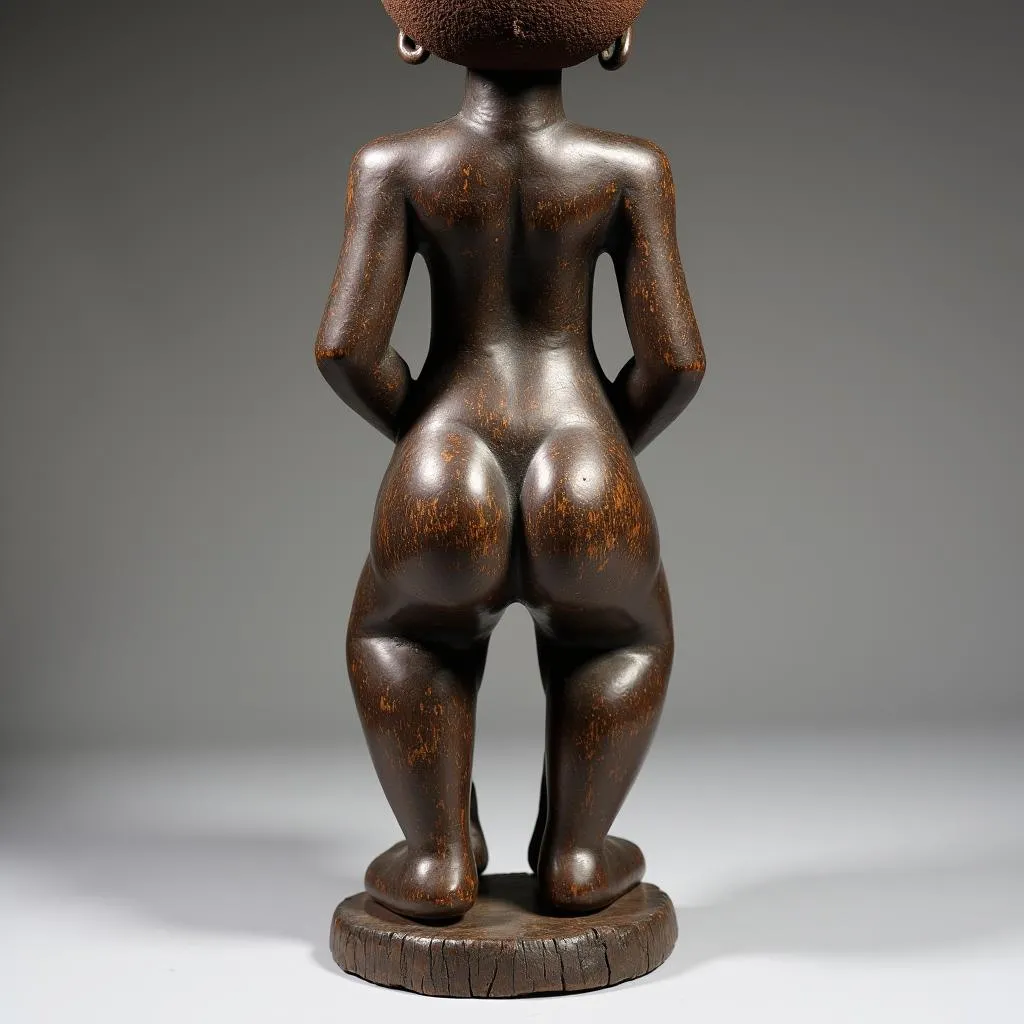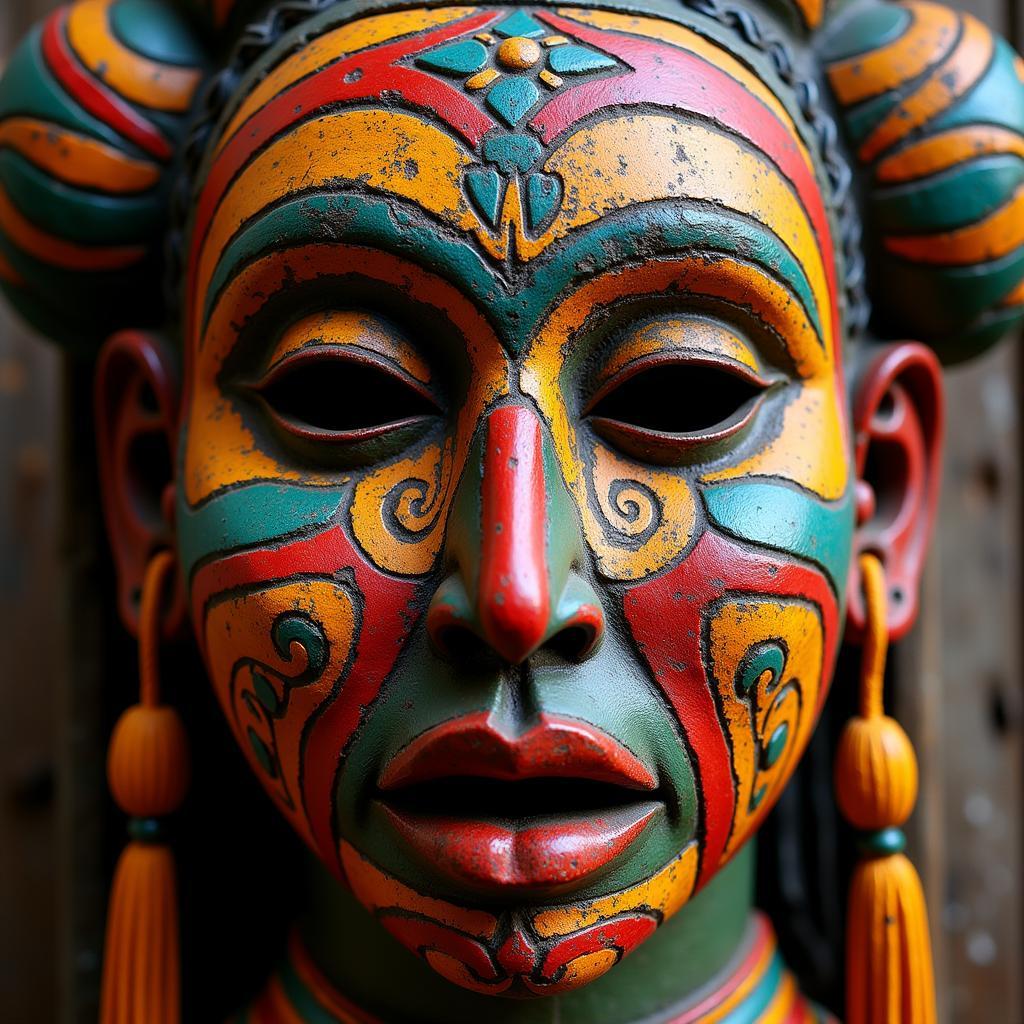Unveiling W.E.B. Du Bois: The African American Father of Social Science
W.E.B. Du Bois, a towering figure in African American history, is widely considered the father of social science. His groundbreaking work challenged prevailing racist ideologies and laid the foundation for modern sociological inquiry. This article delves into Du Bois’s life, exploring his intellectual contributions, enduring legacy, and the impact he had on shaping our understanding of race, class, and social injustice.
W.E.B. Du Bois: A Pioneer in Social Science Research
Born in 1868, Du Bois witnessed firsthand the pervasive racism and discrimination that plagued American society. His experiences fueled his desire to understand and dismantle systems of oppression. He pursued rigorous academic training, becoming the first African American to earn a Ph.D. from Harvard University. African American facts are abundant and inspiring. He used his education as a powerful tool to challenge the status quo. Du Bois’s work transcended disciplinary boundaries, incorporating history, sociology, economics, and political science to analyze the complexities of race and inequality.
His seminal work, The Philadelphia Negro (1899), employed innovative empirical methods to examine the social conditions of African Americans in Philadelphia. This study, considered a landmark achievement in urban sociology, challenged prevailing stereotypes and provided a nuanced understanding of the black community.
The Souls of Black Folk and the Concept of Double Consciousness
In 1903, Du Bois published The Souls of Black Folk, a collection of essays that explored the lived experiences of African Americans in the aftermath of slavery. This work introduced the concept of “double consciousness,” a powerful framework for understanding the psychological impact of racism. Du Bois argued that African Americans are forced to view themselves through the lens of both their own identity and the distorted perceptions of white society, creating a sense of internal conflict and alienation. African American Month is a great time to reflect on the contributions of figures like Du Bois. This concept continues to resonate with scholars and activists today.
Understanding Double Consciousness
Double consciousness, according to Du Bois, is the feeling of “two-ness,” of being both American and Black, two souls, two thoughts, two unreconciled strivings. This internal conflict is a direct result of systemic racism and the denial of full personhood to Black individuals.
Du Bois’s Legacy and Influence on Social Science
Du Bois’s intellectual contributions extended far beyond his scholarly writings. He was a tireless advocate for civil rights and Pan-Africanism. He co-founded the NAACP in 1909, playing a crucial role in the fight against racial discrimination. His work laid the groundwork for the Civil Rights Movement and continues to inspire scholars and activists around the world. African Cinema also reflects many of the social themes Du Bois explored.]
Du Bois and Pan-Africanism
Du Bois was a strong advocate for Pan-Africanism, believing in the unity and solidarity of people of African descent worldwide. He organized several Pan-African Congresses, which brought together intellectuals and activists from across the globe to discuss issues of colonialism, racism, and self-determination.
W.E.B. Du Bois: A Lasting Impact
W.E.B. Du Bois’s work remains essential for understanding the complexities of race and inequality in the 21st century. His legacy as the African American Father Of Social Science is undeniable. His groundbreaking research, insightful analysis, and unwavering commitment to social justice continue to inspire us to strive for a more equitable world. African Famous People Facts often highlight Du Bois’ significant contributions.]
“Du Bois’s intellectual courage and unwavering commitment to truth continue to inspire us to challenge injustice and fight for a more equitable world,” says Dr. Anika Johnson, Professor of Sociology at Howard University. “His work remains as relevant today as it was a century ago.”
“The concept of double consciousness is a powerful tool for understanding the psychological toll of racism,” adds Dr. Kwame Nkrumah, Professor of African American Studies at the University of California, Berkeley. “Du Bois’s work helps us to see how systemic oppression shapes individual identity and experience.”
Conclusion: The Enduring Relevance of W.E.B. Du Bois
W.E.B. Du Bois, the African American father of social science, left an indelible mark on the intellectual landscape. His groundbreaking work continues to shape our understanding of race, class, and social injustice. His legacy as a scholar, activist, and visionary leader remains a source of inspiration for generations to come.
FAQs
- What is W.E.B. Du Bois best known for? His concept of double consciousness and his pioneering work in social science.
- What is double consciousness? The feeling of “two-ness” experienced by African Americans due to racial prejudice.
- What was Du Bois’s most famous book? The Souls of Black Folk.
- What organization did Du Bois co-found? The NAACP.
- What is the significance of The Philadelphia Negro? It is considered a landmark study in urban sociology.
- What was Du Bois’s contribution to Pan-Africanism? He was a key organizer of several Pan-African Congresses.
- How does Du Bois’s work remain relevant today? It provides crucial insights into persistent racial inequalities.
For further support, please contact us at Phone: +255768904061, Email: [email protected] or visit our office at Mbarali DC Mawindi, Kangaga, Tanzania. Our customer service team is available 24/7.



